Physical Address
304 North Cardinal St.
Dorchester Center, MA 02124
Physical Address
304 North Cardinal St.
Dorchester Center, MA 02124

North America is full of destinations people rave about — but which ones actually live up to the hype? This guide breaks down eight spots that are consistently recommended and gives you clear reasons why they might fit your travel style. No fluff, no personal stories — just practical info to help you decide.
North America is special because it has a little bit of everything. You can relax on sunny beaches, wander through lively cities, or check out natural wonders that make you stop and stare. One day might be all about hiking, the next could be exploring cool neighborhoods or just hanging out by the water. It’s that mix of places and experiences that makes people want to keep coming back.
Lets dive in:
Banff sits in the middle of the Canadian Rockies and is packed with views that almost don’t look real. Think bright turquoise lakes, jagged mountain peaks, and trails that seem to go on forever. It’s the kind of place where you can spend the day outdoors and still come back to town for a warm meal and a good night’s sleep.

Probably the most famous lake in Canada, and for good reason. The water is a striking turquoise, framed by towering peaks that make every photo look like a postcard. A walk along the shore is easy and scenic, but if you’re visiting in summer, parking can be a headache. That’s why shuttles or tours are the easiest way to enjoy it stress-free.
👉If you like the idea of catching Lake Louise from way up high, the gondola takes you up 2,296 feet for some amazing views.
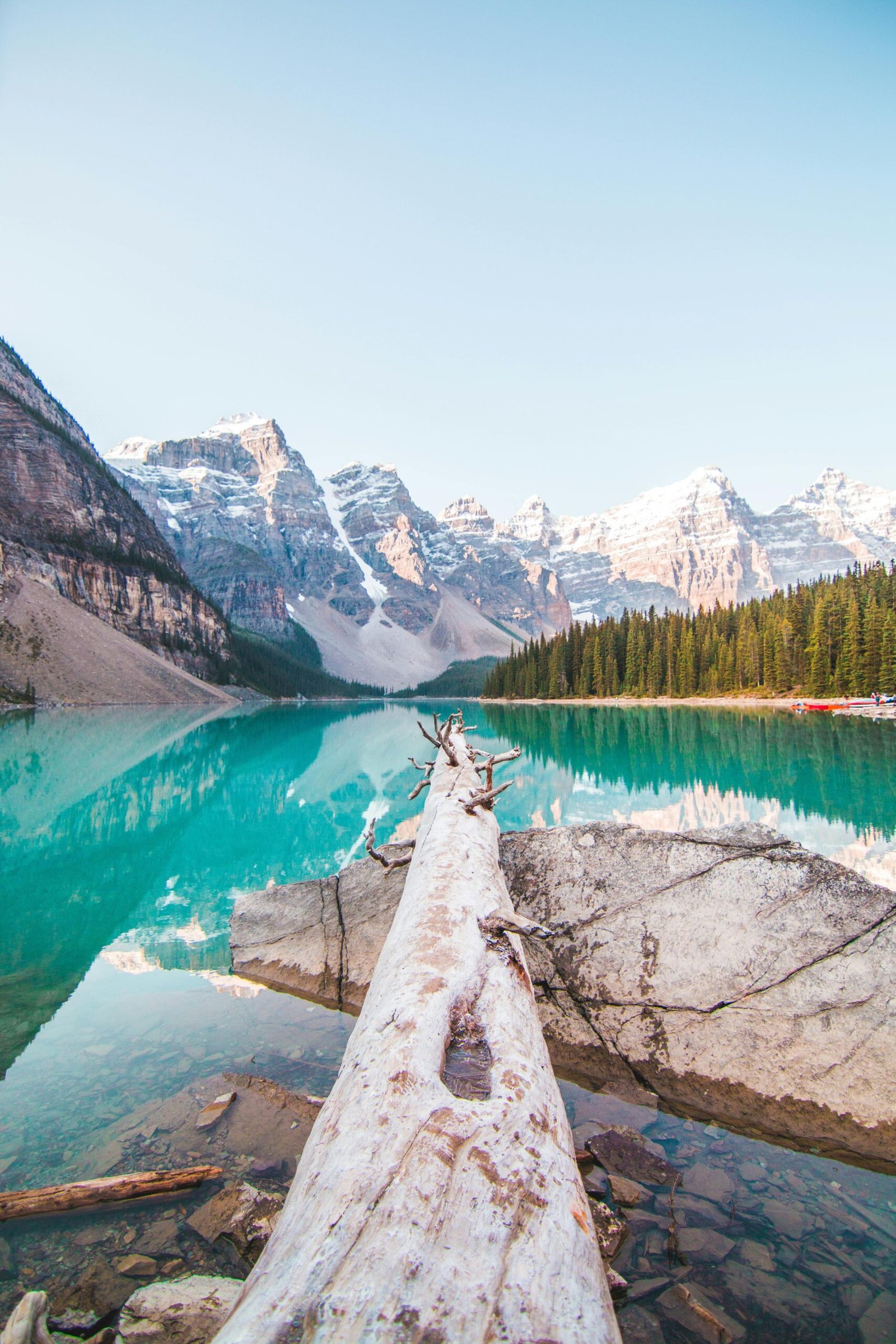
Often called the jewel of the Rockies, Moraine Lake is smaller than Lake Louise but just as stunning. The glacial-blue water set against the Valley of the Ten Peaks creates one of Banff’s most iconic views. Since access is now limited, guided tours are the most reliable way to get there without worrying about transport.
Moraine Lake: Open June to October only, accessible by shuttle or tour.

Banff has trails for every level. Quick hikes like Tunnel Mountain offer rewarding views without much effort, while spots like Sunshine Meadows and the Plain of Six Glaciers are better if you’re up for a full-day adventure. No matter your pace, there’s always a trail that feels worth it.

Bow View Lodge sits right along the Bow River, just a short walk from Banff’s main streets. The rooms are comfortable and some have river views, which makes it feel a little more peaceful even though you’re close to the center of town. It’s a good pick if you want a convenient spot with a relaxed atmosphere.
New York is loud, busy, and always moving — but that’s what makes it exciting. One block might be lined with food carts and street performers, while the next has quiet parks or high-end shops. No matter where you turn, there’s always something going on, and it’s that mix that makes the city so unforgettable.

One of the most famous urban parks in the world, and it’s free to enjoy. You can stroll winding paths, rent a bike, or just people-watch on the lawns. The contrast of greenery against the city skyline makes it an iconic spot for both relaxation and photos.
Central Park: Open daily, 6 am–1 am, year-round. Free entry.

Love it or hate it, Times Square is pure New York energy. The flashing billboards, street performers, and crowds make it one of the most recognizable places in the city. Even if you only stay a short while, it’s worth experiencing once.

New York is famous for its theater scene. From long-running musicals to new productions, Broadway has options for every taste. Tickets can get pricey, but there are also same-day discount booths that make it more affordable.

These landmarks are deeply tied to New York’s identity. Ferries run regularly, and you can choose to just see the statue up close or add the Ellis Island Immigration Museum to your visit. Booking tickets ahead is recommended, especially during peak travel seasons.
If you’ve got an hour to spare, a sightseeing yacht cruise is an easy way to see New York from the water. The ride comes with live narration and takes you past big-name landmarks like the Statue of Liberty and other highlights along the skyline.
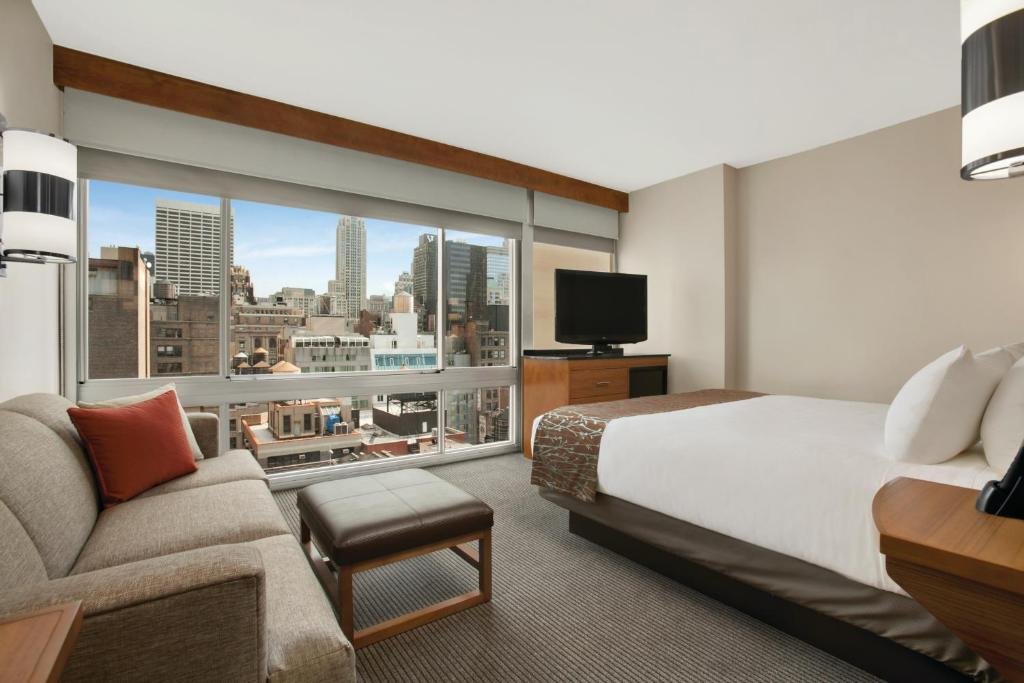
This hotel puts you right in the middle of Manhattan, within walking distance of landmarks like Times Square and the Empire State Building. Rooms are modern and comfortable, with extras like free Wi-Fi. It’s a solid choice if you want to stay central and have easy access to the city’s main sights.
Quebec City feels different from most places in North America. The cobblestone streets, French language, and old stone buildings give it a charm that’s closer to Europe than anything else nearby. It’s small enough to explore on foot, but full of character at every turn.

The heart of the city and a UNESCO World Heritage Site. Walking here feels like stepping into another era, with stone buildings, narrow streets, and lively squares filled with shops and cafés. It’s compact and walkable, making it easy to explore without a set plan.
Old Quebec district: Always open to explore on foot. Shops usually open 9 am–9 pm in tourist season.

Towering over the city, this castle-like hotel is one of Quebec’s most famous landmarks. Even if you’re not checking in, you can walk the terrace out front for sweeping views of the St. Lawrence River and the skyline. The hotel itself is open for tours too, giving you a peek inside its historic walls.

Often called one of the most charming streets in North America, this pedestrian area is lined with boutiques, small bistros, and colorful storefronts. It’s a cozy spot for a stroll, especially in the evening when the lights make it feel extra inviting.
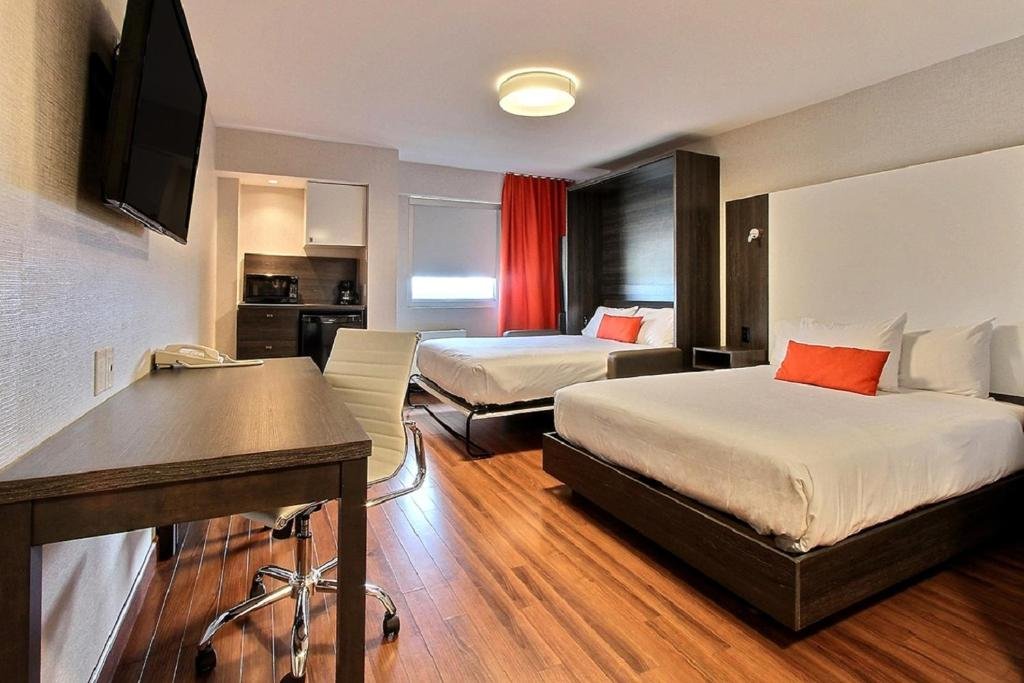
Hotel Classique is a comfortable stay about a 10-minute drive from Old Quebec. Rooms are spacious and modern, and there’s an indoor pool and fitness area if you want a break from sightseeing. With restaurants and shopping nearby, it’s a handy option for travelers who like a quieter base outside the busy historic district but still want easy access to the city.
Driving the Pacific Coast Highway isn’t just about reaching the next town — the drive itself is the real highlight. With ocean cliffs on one side, hills on the other, and plenty of spots to pull over, every stretch of road feels like part of the experience.

This stretch feels wild and untouched, with cliffs dropping straight into the Pacific. The views change constantly, from wide-open ocean to forested hillsides. Even just pulling over at a lookout spot for a few minutes can feel like a highlight of the trip.

These two towns sit close together but each has its own character. Monterey leans into its history and connection to the sea, while Carmel is smaller, walkable, and easy to explore in an afternoon. Both add a nice balance of coastal charm between long stretches of road.
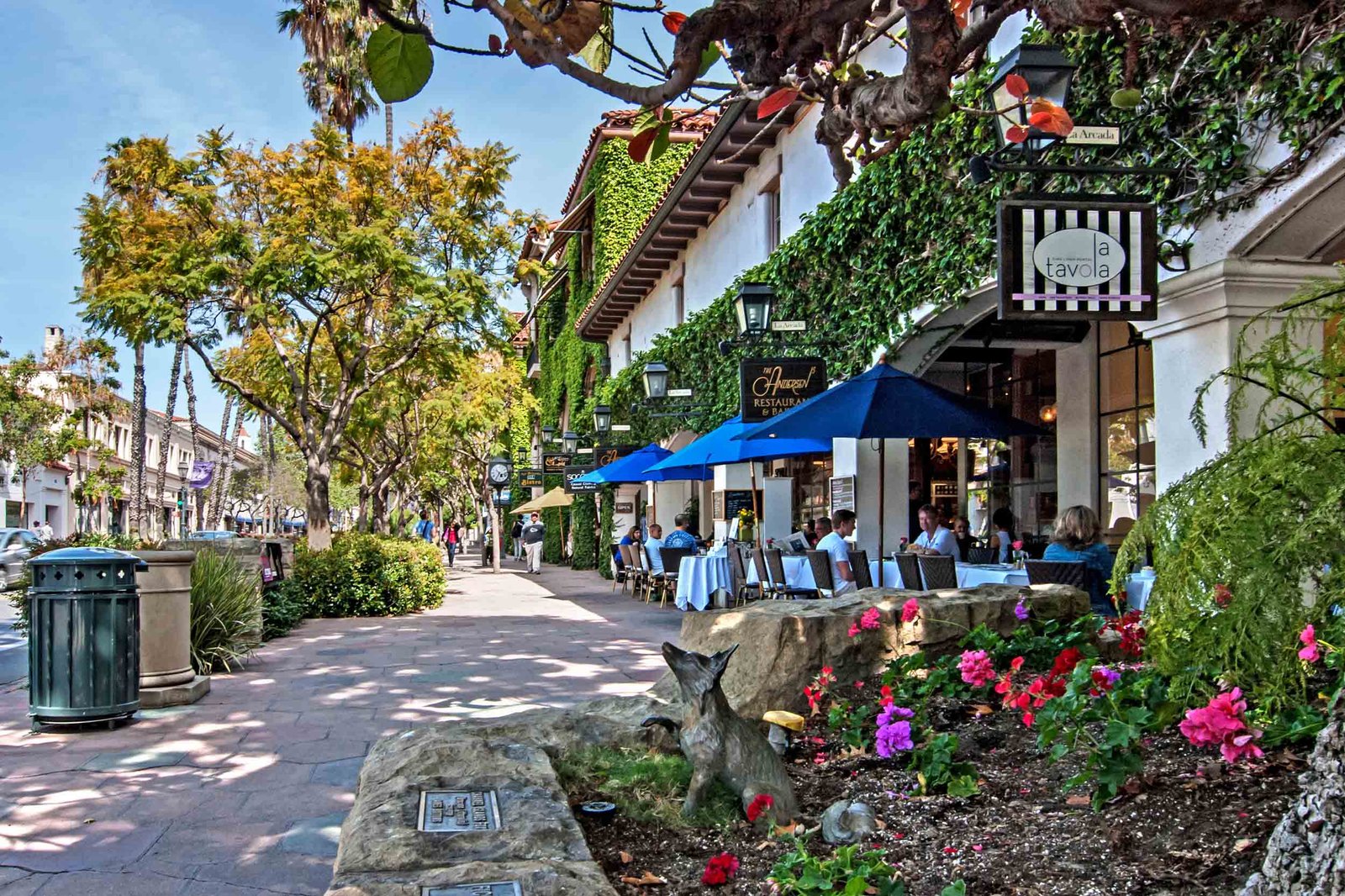
Further down the coast, Santa Barbara has that classic California feel that’s hard not to like. The beaches are wide and great for a walk, or just to sit and watch the waves for a while. The pier is an easy stop, with views back at the shoreline and a couple of spots to grab something to eat. If you head into town, the streets are lined with cafés and shops that make it a good place to stretch your legs and slow things down after a long drive
Best months for good weather and lighter traffic: March–May and September–November.

Petite Auberge is a boutique hotel in San Francisco’s Nob Hill, a quick walk from Union Square. With a cozy, French-inspired style and comfortable rooms, it’s a welcoming base in the city. Breakfast is included, and it works well as a city stop if you’re adding San Francisco to your California trip.
Close to both the U.S. and Canada, Costa Rica has become a go-to spot for travelers who want a mix of adventure and relaxation. The country is big on eco-tourism, with protected rainforests full of wildlife, towering volcanoes you can actually hike around, and beaches that range from calm and laid-back to perfect for surfing. The best part? All of these experiences are surprisingly close together, so you don’t have to travel far to go from the jungle to the coast in a single trip.
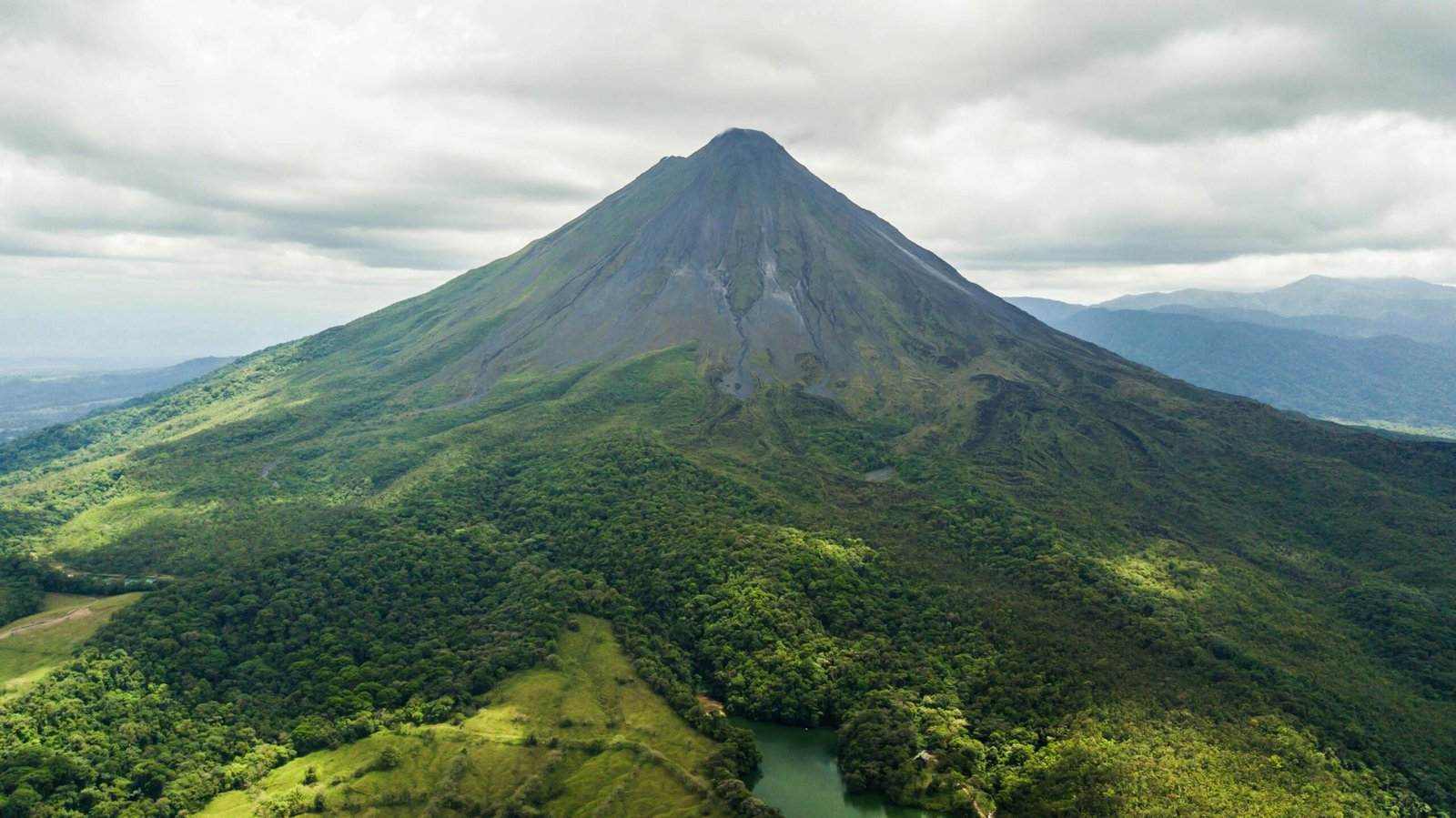
This area is one of the most popular spots in the country, and it’s easy to see why. The volcano itself makes for a dramatic backdrop, and the surrounding region is full of hot springs, hiking trails, and waterfalls. You can do a lot in just a couple of days here.

High up in the mountains, Monteverde is known for its misty forests and hanging bridges. Walking through the canopy feels completely different from a typical hike — the air is cooler, and the wildlife is everywhere if you look closely.

On Costa Rica’s Pacific coast, this park brings together two things travelers love most — beaches and wildlife. It’s not a massive park, which makes it easy to explore in a single day, but it’s packed with opportunities to spot monkeys swinging through the trees, sloths lounging overhead, and brightly colored birds. The trails are short and manageable, and many lead straight to sandy beaches where you can cool off in the ocean after a walk through the jungle.
Manuel Antonio National Park: Open Wednesday–Monday, 7 am–4 pm. Beaches close at 3 pm. Closed Tuesdays.
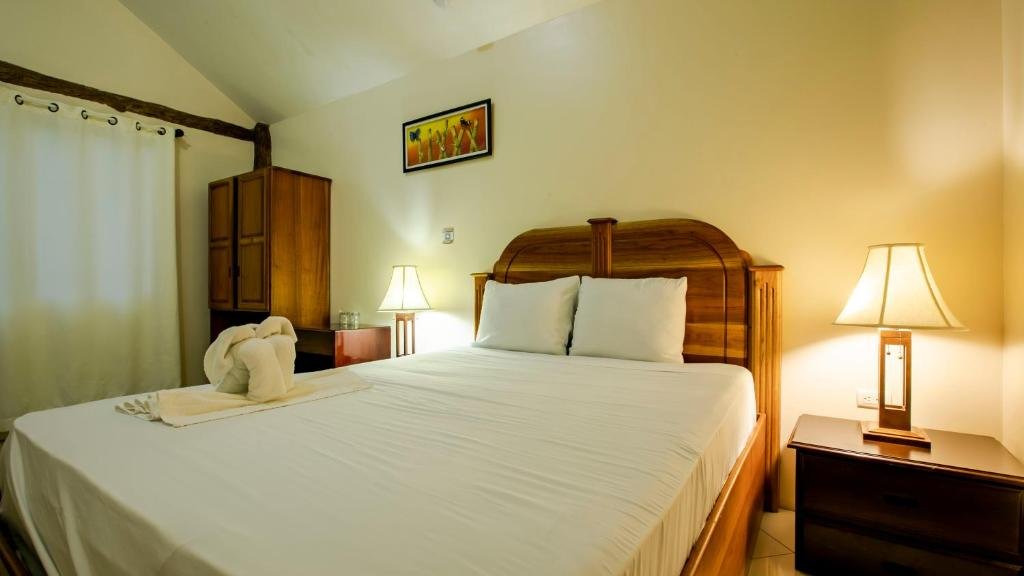
Orquideas Boutique Hotel is a relaxed stay in La Fortuna, close to Arenal Volcano. Rooms are simple but comfortable, and the property has a garden and pool that make it feel like a quiet retreat after a day of exploring. It’s a convenient option if you want easy access to hot springs, waterfalls, and other Arenal activities
The Great Smoky Mountains are the most-visited national park in the U.S., and it’s easy to see why. They’re simple to get to, easy on the budget, and full of trails, viewpoints, and drives that don’t feel intimidating. It’s the kind of place where you can enjoy big mountain scenery without the trip becoming too complicated.

At 6,643 feet, this is the highest point in the park and one of the easiest “big view” spots you’ll find. A paved half-mile trail leads to the observation tower, where on a clear day you can see ridges stretching for miles. It’s a must if you want panoramic photos without committing to a long hike.
Clingmans Dome access road: Closed in winter (early December to late March).

A wide valley surrounded by mountains, Cades Cove is famous for its 11-mile loop road. You’ll pass open fields, forests, and spots where wildlife like deer and black bears are often seen. It’s also a good area for biking, and many visitors choose to rent bikes locally to enjoy the loop at a slower pace. Cabins in the area make it easy to stay overnight and wake up surrounded by mountain views.

This trail is one of the park’s most family-friendly hikes. The paved path makes it accessible for most visitors, and the reward is a beautiful waterfall that flows year-round. It’s a short hike, so it can be combined with a scenic drive or another stop in the same day.
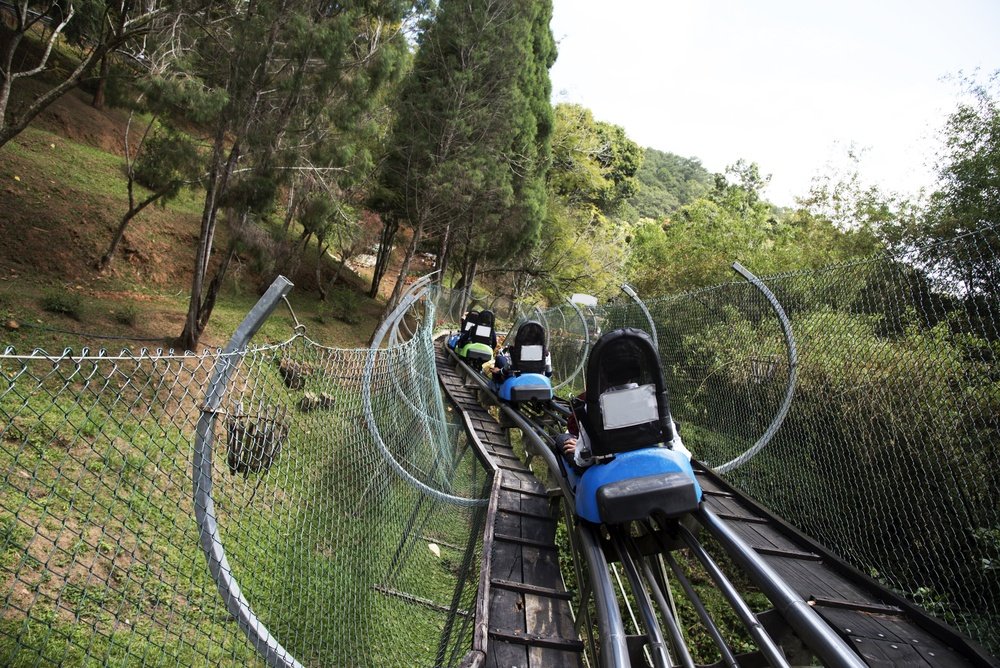
If you’re staying near Gatlinburg or Pigeon Forge, you’ll notice the area has more than just mountain trails. The Rocky Top Mountain Coaster is one of the most popular attractions — it’s the longest alpine coaster in East Tennessee, winding through the hills with sharp turns and mountain views. It’s a fun change of pace if you want something different after a day of hiking or scenic drives.
Rocky Top Mountain Coaster (near Pigeon Forge): 10 am–10 pm Sunday–Thursday, open until 11 pm Friday & Saturday.
👉 [See Rocky Top Mountain Coaster admission details here]
Arizona’s deserts are all about wide-open views and landscapes that don’t feel real. From massive canyons to striking red rock formations, the scenery looks like something you’d see in a movie — and it’s surprisingly easy to experience without going too far off the main roads.

No list of Arizona would be complete without it. The sheer size is hard to put into words — it’s the kind of place you have to see in person to understand. The South Rim is the most visited and has plenty of viewpoints that are just steps from the parking areas. For a deeper experience, you can hike partway down a trail or join a guided tour if you’d rather not deal with planning the long drive.
Grand Canyon (South Rim): Open 24/7 year-round. Visitor Center: 8 am–4 pm. Services and shuttles vary by season.
A helicopter tour over the Grand Canyon gives you a whole new perspective — soaring above the cliffs, the Colorado River, and vast desert landscapes you just can’t see from the rim.
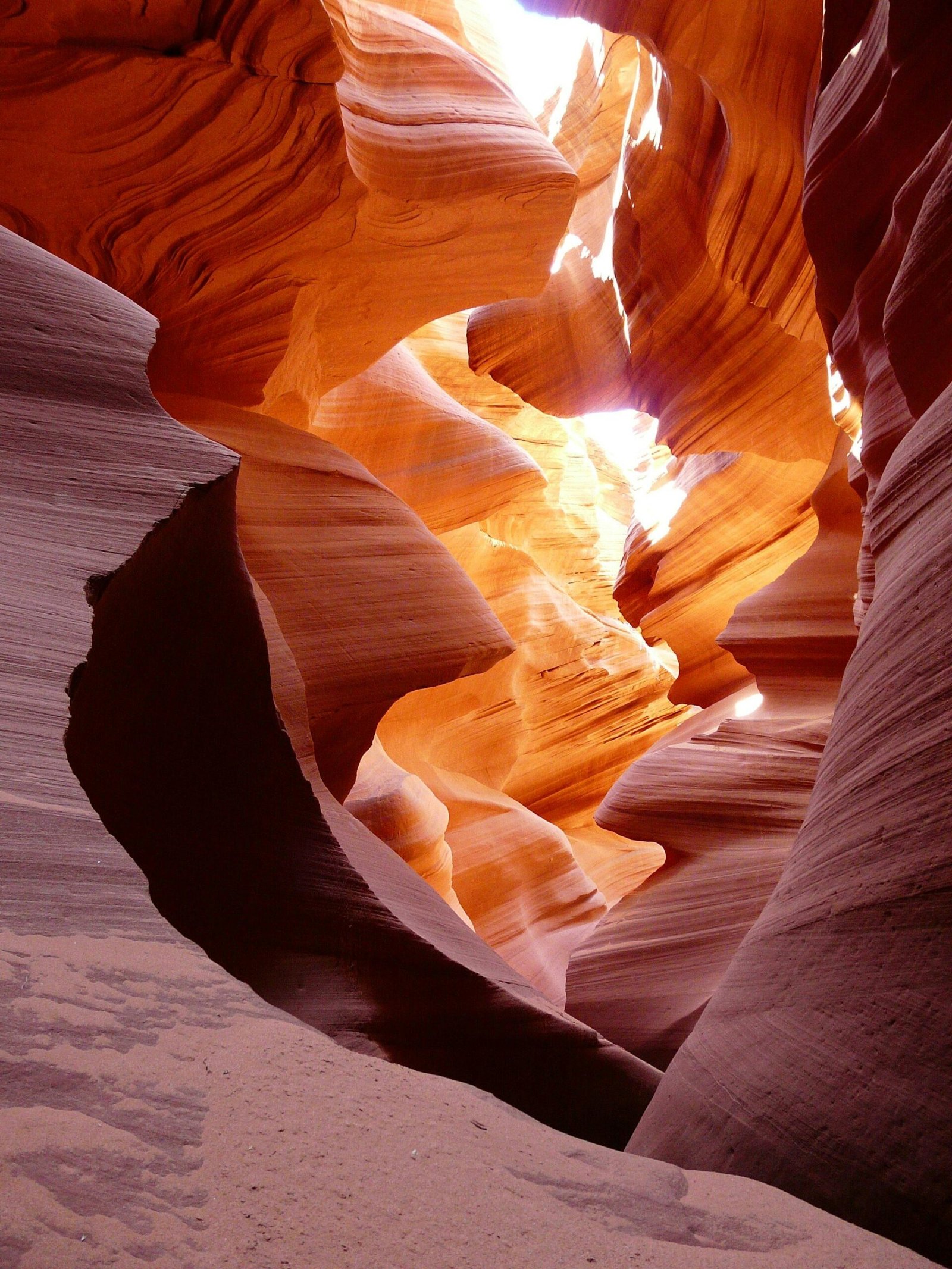
Just outside Page, Arizona, this slot canyon is known for its narrow, winding walls and the way sunlight slips through at certain times of day. The red sandstone is smooth and almost wave-like, and when the light hits just right, the colors glow in a way that makes you want to stop and stare. It’s one of the most photographed spots in Arizona, and honestly, it’s easy to see why once you’re standing inside it.
Antelope Canyon: Tours run daily, first tours around 7 am, last tours by 3–4 pm.
Entry is only allowed with a guided tour, which helps keep the experience safe and organized.

Known for its striking red rock formations, Sedona is a mix of dramatic landscapes and small-town charm. You’ll find hiking trails ranging from easy walks to more challenging climbs, plus scenic drives that give you great views without much effort. It’s a good base if you want to explore northern Arizona without moving around too much.

In Williams on Route 66, this hotel has a classic Old West style and plenty of charm. Rooms are simple but comfortable, and it’s about an hour’s drive to the Grand Canyon. It works well as a base if you’d rather stay in town and make the canyon a day trip.
The Riviera Maya stretches along Mexico’s Caribbean coast and is a favorite for travelers who want more than just a beach holiday. Yes, the sand and turquoise water are incredible, but what makes this area special is how easy it is to add variety — from swimming in cenotes to exploring eco-parks and nearby towns.

These natural freshwater swimming holes are scattered throughout the region, and each one feels a little different. The water is clear, cool, and perfect for a break from the heat. Some are open-air with sunlight pouring in, while others are partly underground with cave-like settings.
Cenotes: Most open daily, usually 9 am–5 pm. Check ahead for specific cenote hours.

This coastal town has a laid-back vibe, plenty of beach access, and a main street (5th Avenue) full of shops, restaurants, and spots to grab local food. It’s a good balance between a relaxed beach town and a place with enough activity to keep you entertained.

This smaller town is all about laid-back vibes, calm beaches, and some of the best snorkeling around. The water is usually clear and gentle, so you don’t need to be an expert swimmer to enjoy it — just pop on a mask and you’ll spot colorful fish darting around the reefs, and maybe even a sea turtle if luck’s on your side. It’s the kind of place people come to when they want the beauty of the coast without the constant buzz of bigger resort areas, making it a perfect spot to slow down and really take it all in.

Villa Sanah is a small boutique stay in Tulum that feels calm and tucked away. The villas are roomy, some with their own private pools, so it has a more personal vibe than the big resorts. It works well if you want a quiet spot to come back to after checking out cenotes or spending the day at the beach.
North America has no shortage of travel-worthy spots, but these eight stand out for a reason. From dramatic mountains to buzzing cities, they cover a wide range of travel styles. The key is finding the place that matches your pace, budget, and energy. Plan the basics, leave room for flexibility, and you’ll end up with a trip that feels like it was made for you.